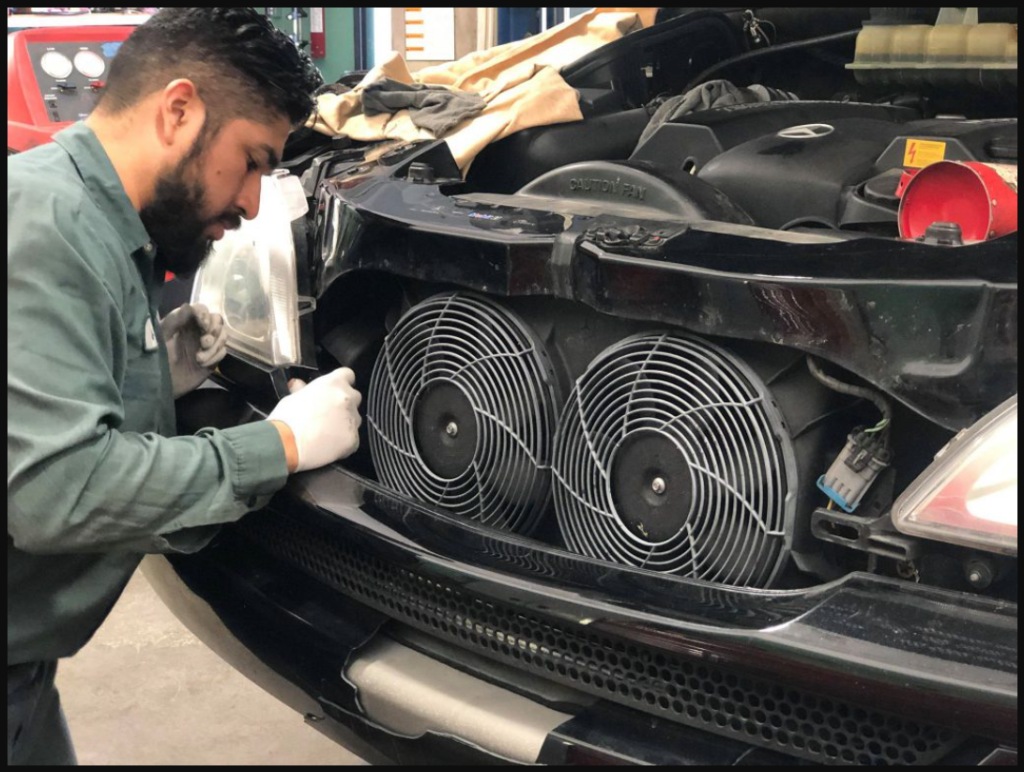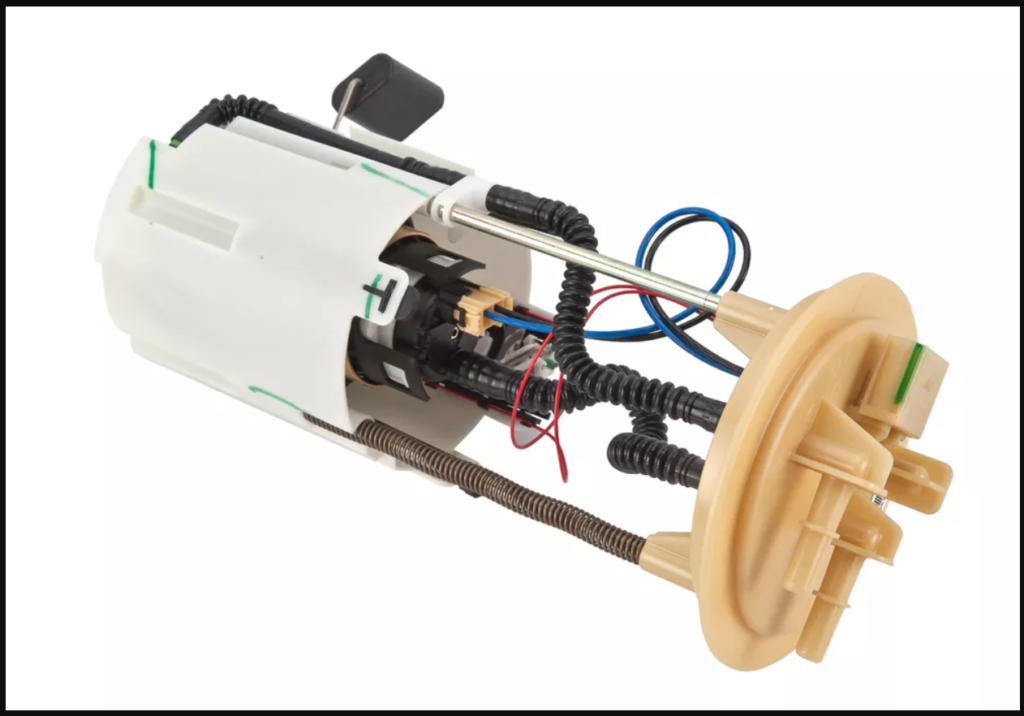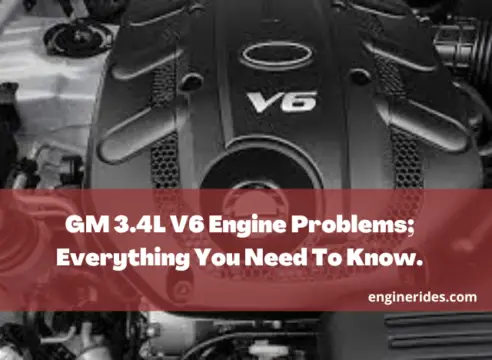Electrical Noise After Car Is Turned Off; What Should You Know
Here, we will explore the often-misunderstood phenomenon of electrical noise heard after a car is turned off. Understanding what causes these sounds and whether they signal a problem is crucial for vehicle owners.
We’ll discuss the typical sources of these noises, their implications, and how to address them. The goal is to demystify these post-shutdown sounds using simple, accessible language, making the information useful for all car owners, from novices to experienced drivers.
What Are the Common Sources of Electrical Noise After a Car is Turned Off?
Hearing electrical noises after turning off your car can be surprising, and these sounds typically originate from various components winding down.
One common source is the cooling system, especially in modern cars with electronic fans. These fans may continue to run after the engine is shut off to cool down the engine to a safe temperature.

Another source could be the fuel pump or other electronic components. These may remain active briefly post-shutdown to complete their operational cycles. Additionally, in cars with turbocharged engines, the turbo cooling system might emit a noise as it works to prevent the turbo from overheating after a drive.
Is Electrical Noise After Shutting Off the Engine a Sign of Trouble?
Determining whether the post-shutdown electrical noise is a sign of trouble is essential for maintaining your vehicle.
In many cases, these noises are a normal part of the car’s operations. For instance, the cooling fan running after the engine has been turned off is typically a standard process in newer cars.
However, if these sounds are accompanied by other symptoms like
- a dead battery,
- warning lights on the dashboard, or
- changes in the car’s performance,
they could indicate an underlying problem. For example, if the cooling fan runs excessively or doesn’t turn off after a reasonable period, it might suggest a malfunctioning thermostat or an issue with the cooling system.
Nissan Rogue Buzzing Noise When Accelerating: Causes, Solutions, And Maintenance Tips
ENGINERIDES.COM
What Steps Can I Take to Diagnose These Noises?
Diagnosing these noises yourself can provide insights into potential issues.
Firstly, identify where the noise is coming from – is it the front, rear, or under the car? This can help you narrow down the cause. For instance, noise from the front could be related to the cooling system or turbocharger, while noise from the rear might suggest the fuel pump.
Next, check for any visible signs of wear or damage in these areas. Also, monitor your car’s performance and any dashboard indicators for additional clues.
Remember, while some diagnostics can be done at home, certain complex issues may require professional expertise.
Can Preventive Maintenance Help Avoid These Noises?
Regular preventive maintenance is crucial in avoiding potential issues that might cause post-shutdown electrical noises.
This includes adhering to the manufacturer’s recommended service schedule, which often involves checks and maintenance of the cooling system, fuel pump, and electrical components.
For turbocharged cars, allowing the engine to idle for a short period before shutting it off can help the turbo cool down naturally, potentially reducing post-shutdown noises. Regular inspections by a qualified mechanic can also identify and rectify emerging issues before they become significant.
Is It Safe to Drive if My Car Makes These Noises?
In most cases, electrical noises after shutting off the engine are not a reason to stop using your vehicle. However, it’s crucial to be attentive to any changes in these sounds or additional symptoms that might arise.
If you notice new or worsening noises, or if they are accompanied by other issues like performance changes or warning lights, it’s advisable to have your vehicle inspected by a professional mechanic.
Whirring Noise After Engine Off; What Should You Do?
ENGINERIDES.COM
How much will it cost?
The cost to address electrical noise after a car is turned off can vary significantly based on several factors, including the exact cause of the noise, the make and model of the vehicle, the cost of replacement parts (if needed), and labor charges, which can vary by location and service provider. Here are some general guidelines:
- Diagnosis:- The first step is diagnosing the source of the noise. Many mechanics charge for a diagnostic fee, which can range from $50 to $100 or more. This fee is often rolled into the repair cost if you choose to have the work done at that shop.
- Cooling System Issues:- If the noise is from the cooling system (like a fan continuing to run), the repair could involve replacing relays, fuses, or the fan itself. Relays and fuses are relatively inexpensive (often under $50), but a new cooling fan can cost anywhere from $200 to $500, including labor.
- Fuel Pump or Electrical Components:- Repairing or replacing a fuel pump can be more expensive, potentially ranging from $300 to $900, depending on the vehicle model and labor costs. Other electrical issues might require component replacements, which can vary widely in price.

- Turbocharger Cooling System:- In cars with a turbocharger, repairs related to the turbo cooling system can be among the most expensive, sometimes exceeding $1,000, especially if major components need replacing.
- Labor Costs:- Labor is a significant part of any car repair cost. Mechanics typically charge an hourly rate, and the total labor cost will depend on how long it takes to fix the issue.
It’s important to remember that these are approximate costs, and prices can vary. For an accurate quote, it’s best to have a professional mechanic diagnose the issue. Additionally, some car issues can be interrelated, so fixing one problem may address the noise as well.
Some Related FAQs,
Q1: Can weather conditions affect these post-shutdown noises?
Extreme temperatures can cause the cooling system to work harder, potentially leading to more noticeable noises after shutdown.
Q2: Does the age of the car influence the likelihood of these noises?
Older cars might make different noises due to wear and tear, while newer cars have more electronic components that can cause such sounds.
Q3: Are these noises more common in hybrid or electric vehicles?
Hybrid and electric vehicles have different systems but can also make similar noises, often related to their battery and cooling systems.
Q4: Can low battery levels cause unusual post-shutdown noises?
A low battery itself typically doesn’t cause noises, but it can affect the performance of electrical components, which might lead to unusual sounds.
Q5: Should I disconnect the battery if I hear these noises frequently?
Disconnecting the battery is not typically recommended unless you are familiar with vehicle maintenance, as it can reset important systems. If noises are frequent, it’s better to consult a mechanic.







